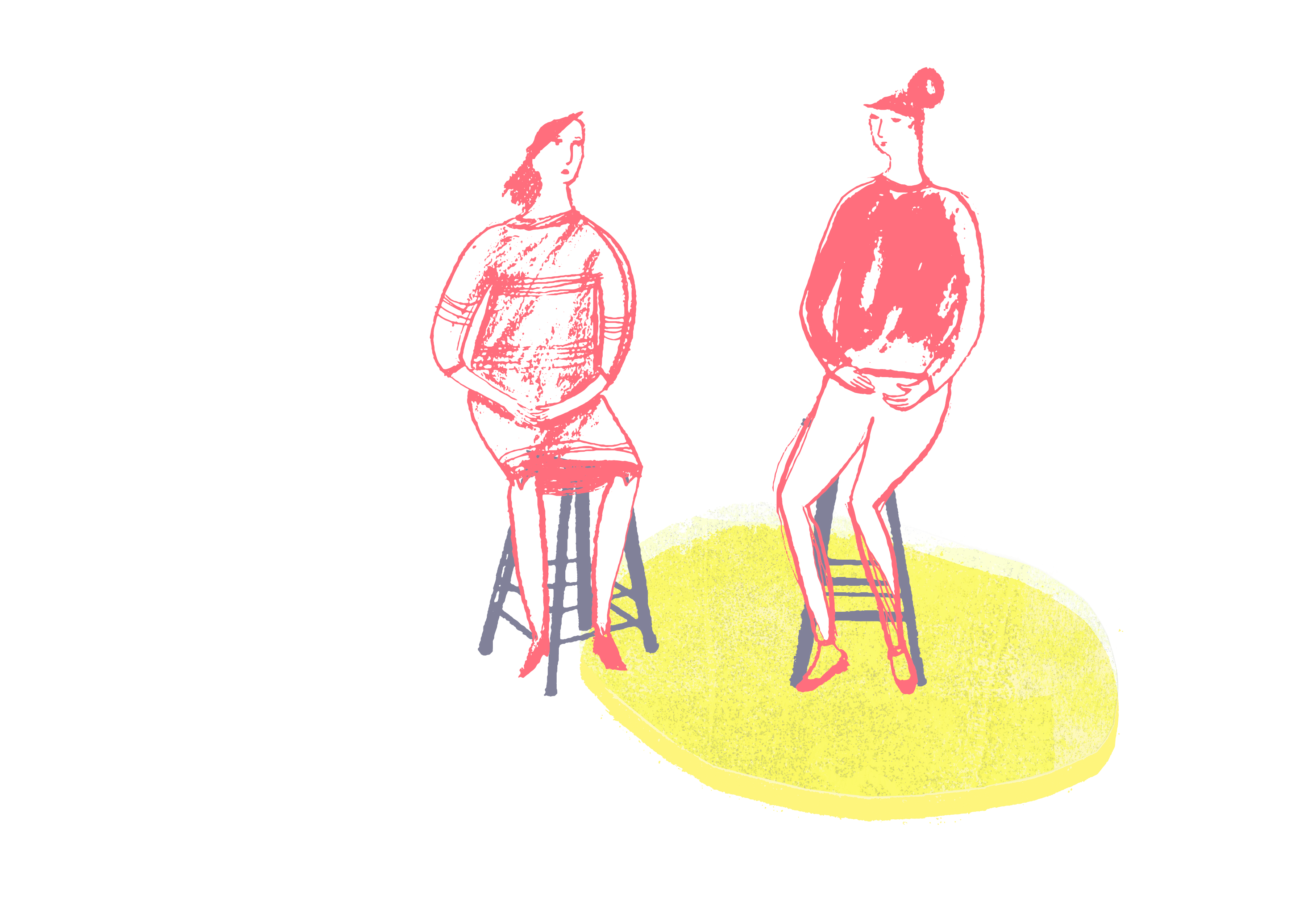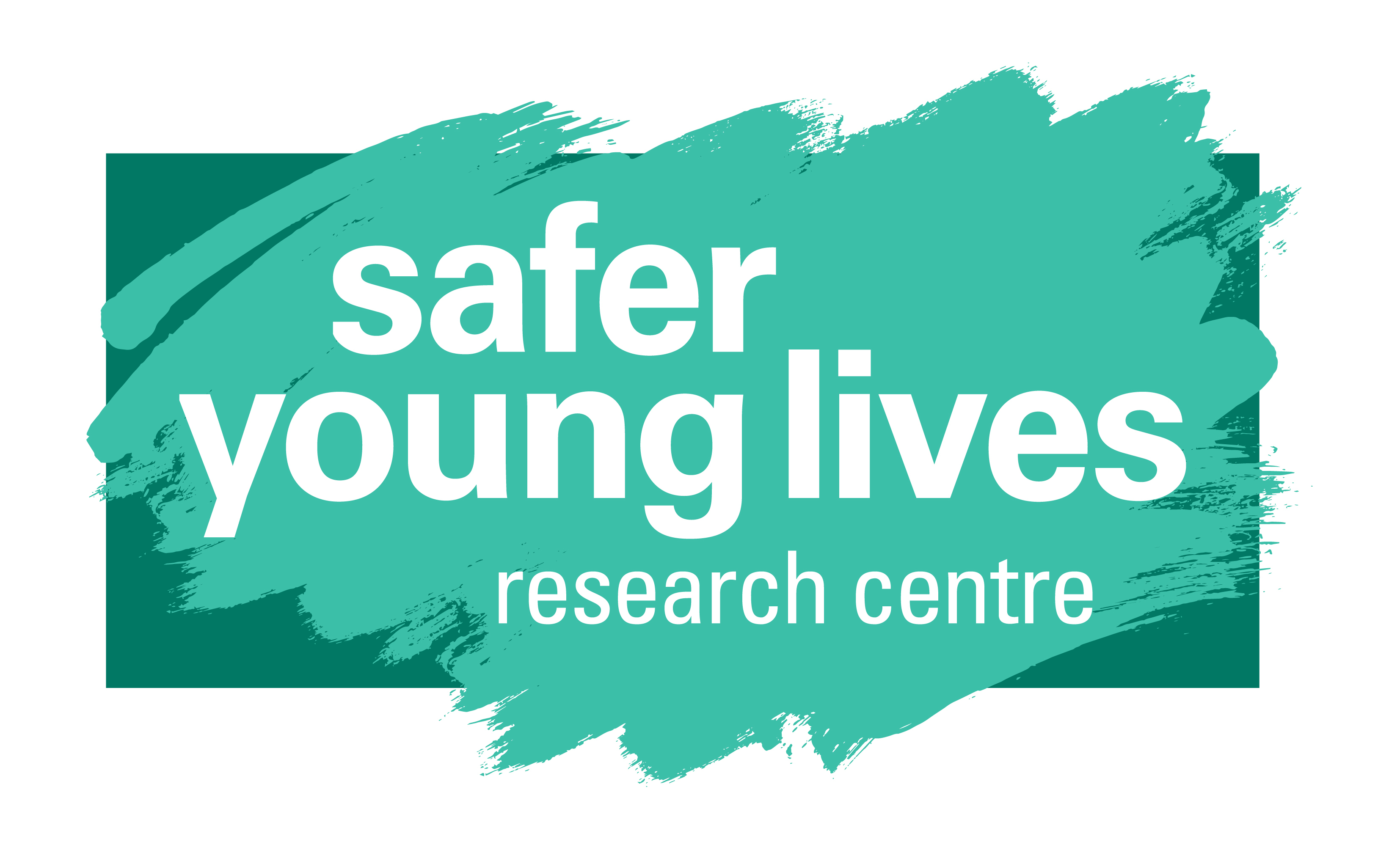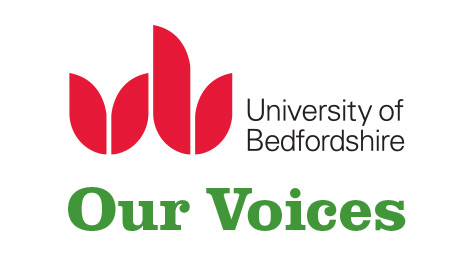Applying theory to understand the potential of group work with young people affected by sexual violence

As CJ Hamilton, member of the International Centre’s Young Researchers’ Advisory Panel, remarked in his recent presentation on meaningful participation with young people affected by sexual exploitation
‘ when young people affected by sexual violence work together, their individual participation is strengthened by each other. Unfortunately there is still an inaccurate belief shared amongst many professionals that it is too risky for these young people to engage with each other at this level. This belief must not only be challenged but proved wrong by the many successful examples of participatory projects where young people have created resources that have revolutionised care practice’ (listen to CJ’s presentation here)
Some practitioners struggle to balance the potential risk of causing harm to young people through their engagement in a group, with the potential value that meeting and working together with other young people affected by child sexual exploitation (CSE) can bring (see Isabelle Brodie’s recent blog post on this). Although, as Isabelle notes, group work is not new, those working with young people affected by CSE often feel that group work is novel and that they are sailing in unchartered territory.
For practitioners planning group work, it could be useful to learn more about the theory behind group work with so called ‘oppressed’ groups and those affected by trauma.
Since the 1970s two separate bodies of knowledge have emerged that are helpful when thinking about group work with young people affected by sexual violence. One field is that of trauma studies. The other field is concerned with community development and empowerment.
Trauma theory, which was heavily influenced by feminism, recognises how pain and suffering can overwhelm a person’s coping skills and trigger a number of disabling symptoms. Feminist scholars and therapists played a key role in developing interventions for trauma survivors, thus explaining the many feminist principles that are evident in trauma-informed responses today. Such responses are grounded in creating safety and trust, promoting control, building resilience and empowerment, and prioritising self-empathy and self-care.
In addressing trauma, it is acknowledged that group work can play an important role in reducing isolation and ‘normalising’ responses. As Herman (1992) notes ‘groups provide survivors with an experience of both commonality and belonging and reduce feelings of isolation and alienation’. A growing body of literature documents the value of group work with trauma survivors, including children affected by sexual abuse. This work provides a strong theoretical basis for developing group work and practical information and insights in regards to forming and working with groups (Grief and Knight, 2017; Meekums, 2000; Mendelsohn et al, 2011).
Drawing from the literature in the field of community development and empowerment, there are also useful insights to help us understand the process of empowerment; specifically around how individuals who have experienced oppression and discrimination can become ‘empowered’.
Both feminist and empowerment theorists propose that for individuals to become ‘empowered’ it is important to:
- Connect those who have experienced the oppression, so for example bring them together in groups; and to
- Provide the space for critical reflection and education which in turn promotes a desire for action and change at some level
As Ledwith (2016:3) notes ‘we cannot be agents of change without being agents of knowledge’. When individuals gain knowledge which helps them to better understand their experiences and to place these within a broader framework or context, this enables them to ‘see the political dimensions of their personal problems’ (Summerson Carr, 2013:9) which can help minimise feelings of stigma, shame and helplessness. Paulo Friere, the Brazilian philosopher and educator called this process ‘conscientization’ or ‘critical consciousness’. Similarly, feminists in the 1960s called this same process of group reflection and awareness as ‘consciousness raising’ and recognised the value of group dialogue in understanding and addressing discrimination and oppression.
The process of bringing together individuals in groups and providing space for critical reflection and education appears therefore to be an important starting point in bringing about individual and structural change.
References:
Greif, G. and Knight, C. (2017) Group work with populations at risk (fourth edition) New York: Oxford University Press
Herman, J. L. (1992) Trauma and recovery. New York: Basic Books
Ledwith, M. (2016) Community Development in Action: Putting Friere into Practice. Bristol: Policy Press
Meekums, B. (2000) Creative group therapy for women survivors of child sexual abuse: Speaking the unspeakable. London: Jessica Kingsley Publishers
Mendelsohn, M., Herman, J.L., Schatzow, E., Coco, M., Kallivayalil, D and Levitan, J. (2011) The trauma recovery group. New York: The Guildford Press
Summerson Carr, E. (2003) Rethinking empowerment theory using a feminist lens: The importance of process. AFFILIA, Vol. 18 No. 1, Spring 2003 8-20






